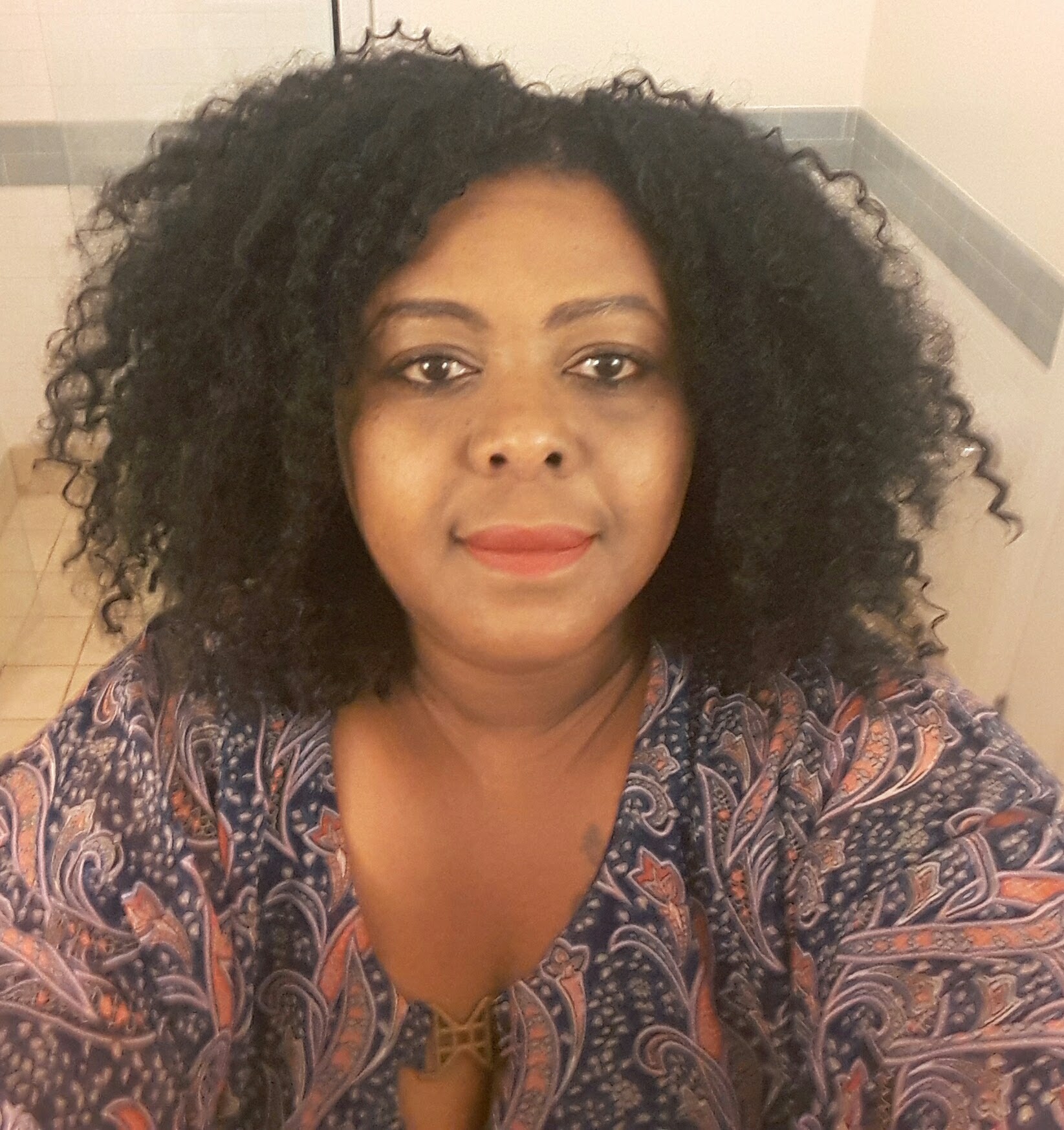Raquel Davis worked as a Licensed Practical Nurse (LPN) for 10 years before earning a Bachelor of Science in Fashion Merchandising from Kent State University in 2010. While she still loves fashion, nursing has proven to be a deeper passion. More specifically, nursing education is where Davis finds her purpose, working with nursing students early on in the program, helping them build confidence and understand core nursing principles that will form a foundation for their entire career.
She completed Kent State's graduate nursing program for Nurse Educator in December 2020. But first, she spent her final semester alongside preceptor Kerry Myers MSN, RN, OCN, a Lecturer at Kent State Geauga’s College of Nursing, to complete her Nurse Educator practicum hours. Davis is grateful to have been paired with Myers by the MSN Nurse Educator Concentration Coordinator.
“One of the challenges that nursing students face is finding a suitable preceptor for clinical experiences,” Davis explains. “Many seasoned nurses are reluctant to take on the role of preceptor for many reasons. It is an extra time commitment for nurses who already have many roles in which to serve. Some preceptors also feel that being a preceptor slows down their productivity, and don't have the time it takes to mentor students. Fortunately, I was paired with a wonderful preceptor…”
In essence, Davis was mentored by Myers within the classroom setting of a Nursing Fundamentals course, developing teaching plans, preparing lectures, helping develop test questions. She also provided individualized instruction and feedback to students in the nursing lab, helping with hands-on practice of skills development and application of learned concepts.
Myers says, “It was a pleasure to meet such a dedicated student and to have her in class at Geauga. As a nurse, it is important to communicate and collaborate with other health care professionals, and Raquel was able to demonstrate and model those skills to our students through the tasks she completed for practicum.”
Of course, the constraints of the pandemic forced some adaptations upon them, but Davis took it all in stride, saying, “Nursing is a profession in which flexibility is a must because things can change quickly from one minute to the next. We were able to adapt with some revisions to the setup of the classroom and lab.”
For instance, they could have only a limited number of students physically present during the lecture, which was also set up for remote access to students participating online.
Admittedly, “This made it more challenging to keep the students at home engaged in the lecture at times,” Davis says. “Also, we had to wear PPE (Personal Protective Equipment) at all times in the lab, which made it more difficult to teach the students how to visually assess patients, as well as other skills, such as taking vital signs.“

“There was a lot of PPE involved! As the students practiced physical assessment in the lab each week, they donned full PPE, which created its own hurdle, but the students rose to the challenge and gained confidence in their abilities to critically think, problem-solve, and adapt in order to meet their objectives. A lot of credit goes to the students, as they were receptive to learning, maintained positive attitudes, and were grateful for the hands-on experience.”
In this mentor-student teacher scenario, the shared experience became a win-win-win for Myers, Davis and their nursing students. Myers says, “I appreciate the camaraderie and collaboration that develops between educators who share a common goal and support each other’s growth and development. The students gain the advantages of more individualized attention, personalized instruction and feedback, and the value of additional perspectives and experiences being shared with them. Nursing is such a vast profession, and the students truly benefit from instructors who can share diverse perspectives regarding how what they are learning applies to their future practice.”
Davis is currently studying to take the Certified Nurse Educator exam and will intensify her job search for nurse educator positions after obtaining the certification. Looking back at her mentorship at Kent State Geauga, she says, “It was a very rewarding experience. While I can't speak for my mentor, I believe she takes pride and satisfaction in helping nurses develop as educators. My preceptor works hard, and her work ethic and dedication showed at all times. I gained practical hands-on experience as an educator, as well as a great example of what it means to be a good nurse educator from my preceptor's example."
“I believe that helping to prepare nursing students for their nursing careers is one of the most important and rewarding ways to make a contribution to my profession, which is why I decided to become a nurse educator.”

